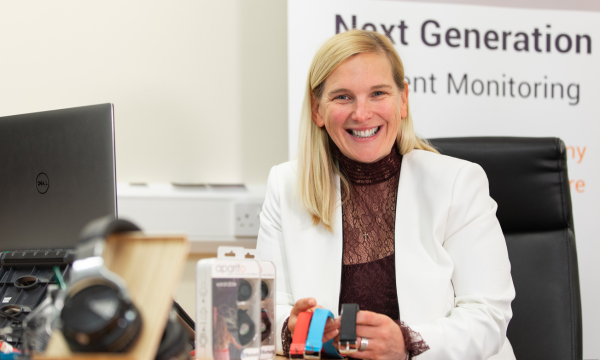
Spring 2023 Issue Releasing March 15th, 2023!
RealTech Magazine
RealTech Magazine Brings Our Readers The Latest News And Stories From Around The World Revolving Around Technology, Business, Crypto, And More.
Technology News
Crypto News
Financial News
Business News
Interviews To Inspire You
Founder Interviews
![[Interview] Roman Alexander Wellington | Founder Of ElysianDigital [Interview] Roman Alexander Wellington | Founder Of ElysianDigital](https://realtechmagazine.com/wp-content/uploads/2022/05/Roman-Alexander-Wellington-Profile-Photo-1-scaled.jpg)
[Interview] Roman Alexander Wellington | Founder Of ElysianDigital
Introduction: Roman Alexander Wellington is an American business magnate, entrepreneur, best-selling author, award-winning business & branding consultant, speaker, & Wellington was exposed to the business world from a very young With both sides of his family owning…
Executive Interviews
Entrepreneurship News & Stories
Startups

Spring 2023 Issue Releasing March 15th, 2023!
RealTech Magazine
RealTech Magazine Brings Our Readers The Latest News And Stories From Around The World Revolving Around Technology, Business, Crypto, And More.






























![[Interview] Nicole Quinn | Partner at Lightspeed Venture Partners [Interview] Nicole Quinn | Partner at Lightspeed Venture Partners](https://realtechmagazine.com/wp-content/uploads/2022/05/Nicole-Quinn.webp)
![[Interview] Caroline Lembck | LemVega Capital CEO [Interview] Caroline Lembck | LemVega Capital CEO](https://realtechmagazine.com/wp-content/uploads/2022/05/Caroline-Lembck.webp)
![[Interview] Joseph Schratt | Futramo CEO [Interview] Joseph Schratt | Futramo CEO](https://realtechmagazine.com/wp-content/uploads/2022/05/Joseph-Schratt.webp)
![[Interview] Dr. Leslie Shen | Senior Financial Executive [Interview] Dr. Leslie Shen | Senior Financial Executive](https://realtechmagazine.com/wp-content/uploads/2022/05/Dr.-Leslie-Shen.webp)
![[Interview] Mark Lachance | Maxy Media Inc. CEO [Interview] Mark Lachance | Maxy Media Inc. CEO](https://realtechmagazine.com/wp-content/uploads/2022/05/Mark-Lachance.webp)